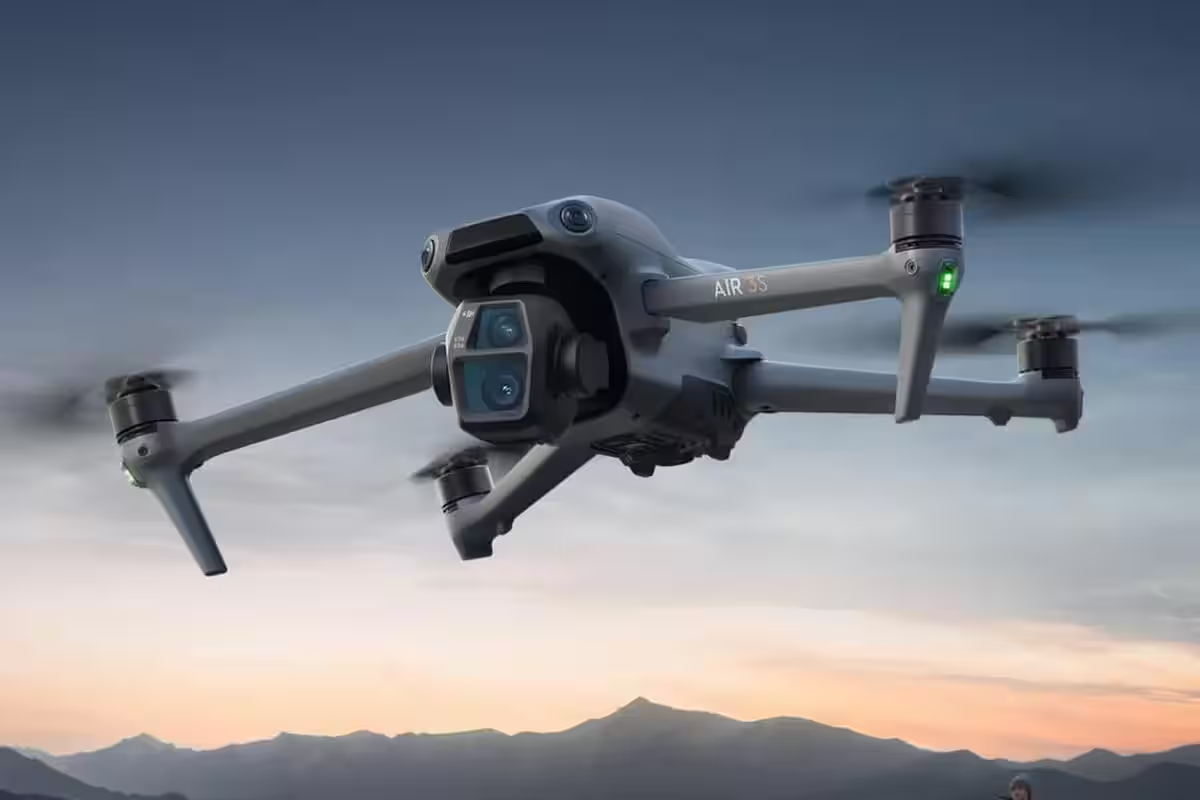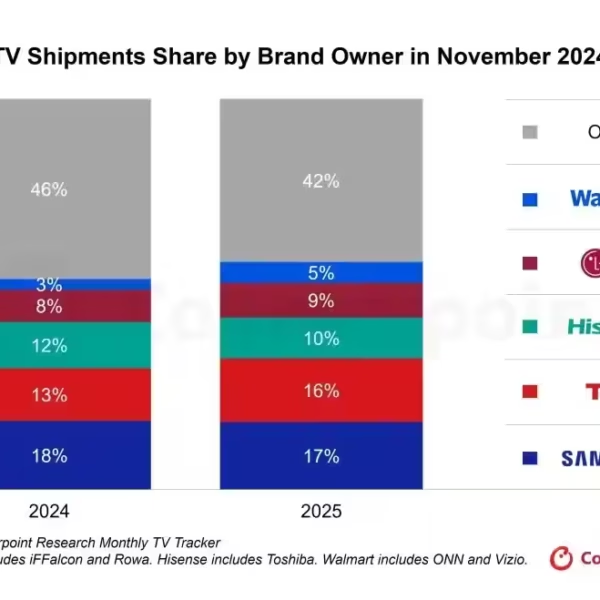DJI escapes US ban, but risks remain

Chinese company DJI, the world’s largest drone manufacturer, has been threatened with a ban in the United States. While the National Defense Authorization Act (NDAA) does not include an outright ban on DJI products, the document sets a one-year deadline for the company to prove its safety to U.S. national security.
The National Defense Authorization Act (NDAA) does not include an outright ban on DJI products.
What does the new law say?”
The NDAA passed by the U.S. Senate includes a provision that requires DJI and its competitor Autel Robotics to obtain a public certification from an authorized national agency that their products do not pose a threat to U.S. national security. If DJI fails to comply within a year, its devices will be placed on the Federal Communications Commission’s (FCC) so-called “Restricted Equipment List.”
And if DJI fails to comply within a year, its devices will be placed on the Federal Communications Commission’s (FCC) so-called “Restricted Equipment List.
A placement on the list would mean a ban on the use of DJI’s radio modules in the U.S. and a block on imports of the company’s new devices. This will affect not only drones, but other DJI products like cameras and surveillance equipment as well.
Drone manufacturers are also affected.
Expanded restrictions
The law also provides protections against possible circumvention of the ban. The FCC must list all subsidiaries, partners, and entities that use DJI technology or licenses. This eliminates the ability to disguise products under other brands, as DJI has done in the past with the Anzu Robotics Raptor and Cogito Specta.
The law also provides a safeguard against potential circumvention of the ban.
Calls for DJI
Even before the NDAA was passed, DJI was facing pressure from the US. The company was already having trouble shipping to the country, in part because of the Uighur Forced Labor Prevention Act. In October, DJI sued the U.S. Department of Defense for classifying it as a “Chinese military company.”
At the time, the U.S. Department of Defense was suing DJI for classifying it as a “Chinese military company.
In an official blog post, DJI noted that the NDAA does not explicitly ban its products, calling it “good news.” However, the company is concerned about the lack of clear guidance on which agency should conduct its safety assessment. DJI also pointed out that the lack of such an agency could lead to unfair restrictions on its activities in the U.S.
An agency that is not clearly defined in the NDAA, DJI said.
What are the implications?”
.
If DJI fails to prove its safety, the company will face a complete ban on its products in the US, including drones, cameras and other devices. The impact of the NDAA could also make it difficult to launch new products in the US. The company is already calling on Congress to appoint a technically competent agency to objectively evaluate its products.
The NDAA could also make it difficult to launch new products in the US.
In addition, DJI may try to establish a dialog with Donald Trump’s administration to maintain its presence in the country. Other Chinese companies, such as TikTok, have already taken similar steps.
DJI may also try to engage in a dialog with the Donald Trump administration to maintain its presence in the country.
Total
Although DJI managed to avoid an immediate ban, the situation remains uncertain. The company has a year to prove its products are safe for U.S. national security. Otherwise, it risks losing access to one of the largest markets in the world. The NDAA law underscores the increased U.S. scrutiny of Chinese technology, which creates new challenges for DJI and other companies from China.
The NDAA law also underscores the increased U.S. scrutiny of Chinese technology, which creates new challenges for DJI and other companies from China.








